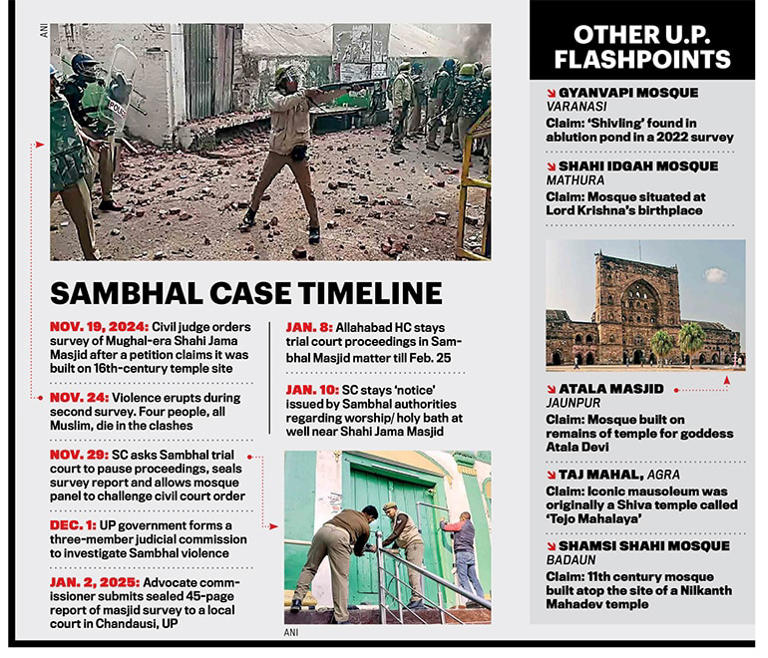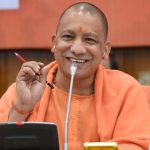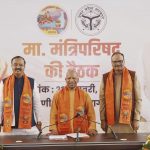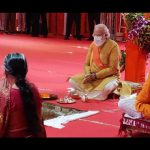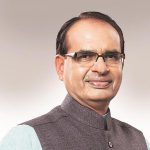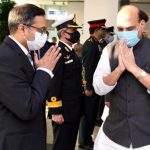The ongoing Sambhal mosque controversy continues to make headlines in Uttar Pradesh, intensifying political and legal battles around religious sites. This controversy centers around the Shahi Jama Masjid in Sambhal, with debates over whether the mosque is built on the remains of a 16th-century Kalki temple.
Key Legal Developments and Court Intervention
The Supreme Court has intervened, halting a notice that allowed Hindu worship near the mosque and requesting a status report from the Uttar Pradesh government. Earlier, the Allahabad High Court had stayed proceedings related to the mosque’s survey. Despite these legal pauses, the issue remains a political flashpoint, with increasing petitions regarding other sites such as the Gyanvapi mosque in Varanasi and the Shahi Idgah mosque in Mathura.
Political Rhetoric and Court Cases
UP Chief Minister Yogi Adityanath has called for the voluntary handover of the Sambhal site to Hindus if evidence suggests it was built over a temple, aligning with his broader political rhetoric. This statement follows a surge in legal petitions filed by fringe Hindu groups aiming for rights over Muslim worship sites. The BJP views this as a rallying point for its Hindutva agenda, while the Congress and Samajwadi Party criticize it for stoking communal tensions.
Impact on Upcoming Elections
As the 2027 Uttar Pradesh Assembly Elections approach, these religious disputes could play a significant role in shaping the state’s political landscape. Legal and political battles are expected to intensify, with both the BJP and opposition parties positioning themselves for influence in the next major electoral showdown.


